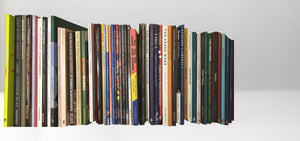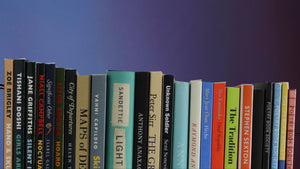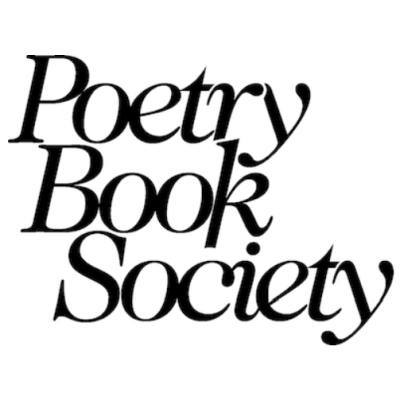After Russia by Marina Tsvetaeva (The Second Notebook) Translated by Christopher Whyte
As a collection, After Russia began with what can be spoken of as a decided repudiation of everything Tsvetaeva had left behind her. As cultural referents, Russia, its literature and settings, give way to classical mythology and the Bible, to Shakespeare and Racine. As the Second Notebook approaches its close, however, Russia seeps back into the current of her poetry. ‘Organs have fewer notes, no tambourine’ evokes Pushkin and Prince Igor. ‘Christenings’ evokes in detail the rituals associated with an Orthodox marriage ceremony, and ‘Having bargained for a stirrup’, which again has one of Tsvetaeva’s disorienting openings, like a close-up from which we dizzyingly pan out to a whole scenario whose import temporarily escapes us, expresses her concern for ‘our/ Russian good name’ while at the same time citing the golden hoard from Wagner’s Ring cycle and the German Jewish poet Heinrich Heine, for whom Tsvetaeva felt such a persistent affinity.
It is fitting that the collection closes with two items addressed to its presiding spirit, Pasternak. ‘Dis-tancing us’ plays with the infinite possible permutations of the Russian prefix рас- [ras] indicating separation, dispersal, or disintegration, for which English dis- can function as a close equivalent. The two quatraiins which end the book offer an obeisance in turn to a Russian peasant woman and to Tsvetaeva’s poet-correspondent, ‘in a lilt of rains and woe/ like Homer in hexameters’, the returning grip of whose hand is an earnest, not just for the Russia Tsvetaeva has left behind, but for that other world which knows none of the injustices and incompleteness of the one in which we live.

MEMBERS ENJOY 25% OFF ALL POETRY BOOKS

Join the Poetry Book Society for 25% off all books
Join the Poetry Book Society for 25% off all books

